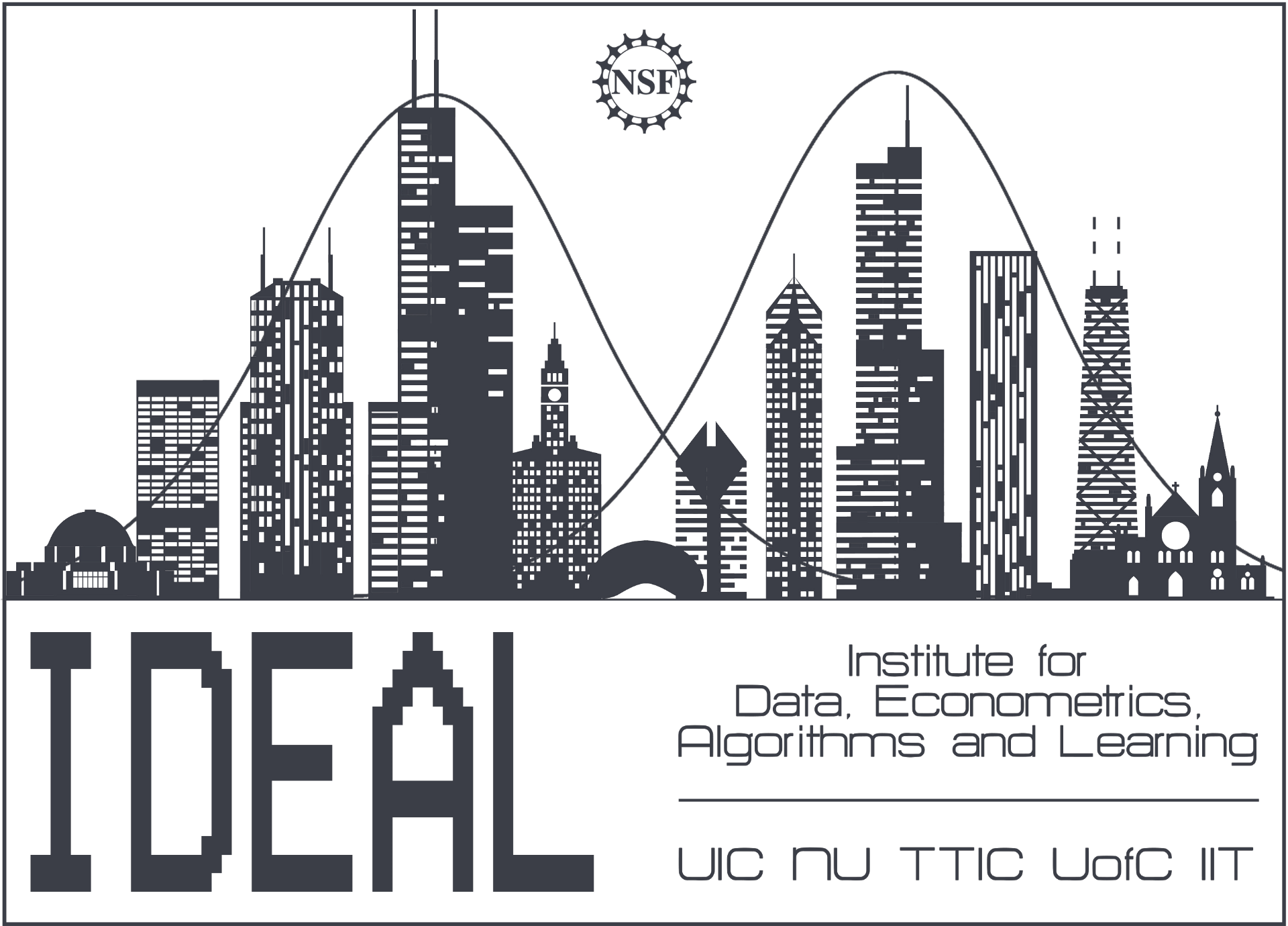Spring 2020
Inference and Data Science on Networks
March 30 – June 6, 2020
Over the past decade or so, many diverse communities have become increasingly interested in networks as a way of understanding the role of interconnections between various entities. For example, economists, social scientists and policy researchers have studied how the social and economic ties between agents drive important economic phenomena such as income inequality, human capital accumulation, the dynamics of the business cycle and research productivity. Likewise, there has been interest from computer scientists and engineers in understanding the network structures that emerge in the Internet, the World Wide Web and on-line social networks. However, the empirical literature has been limited by the fact that networks are inherently high-dimensional objects, which makes it intractable to directly assess the importance of network structure without a substantial amount of unrealistic functional form assumptions. These present several new and exciting statistical and algorithmic challenges at the interface of network science, econometrics and machine learning.
Organizers
- Eric Auerbach
- Randall Berry
- Aravindan Vijayaraghavan
- Samir Khuller
- Varun Gupta
Workshops
- May 5: Kickoff Workshop: Inference and Data Science on Networks
- May 13: Dean’s Lecture: Jon Kleinberg, Fairness and Bias in Algorithmic Decision Making
Public debates about classification by algorithms has created tension around what it means to be fair to different groups. Cornell University’s Jon Kleinberg will consider key fairness conditions at the heart of these debates, and discuss recent work on the interactions between these conditions. He will also explore how the complexity of a classification rule interacts with its fairness properties, showing how natural ways of approximating a classifier via a simpler rule can act in conflict with fairness goals. [Registration Required] - May 14: Workshop: Estimation of Network Processes and Information Diffusion.
Many important dynamic processes are determined by an underlying network structure. Examples include the spread of epidemics, the dynamics of public opinions, the diffusion of information about social programs, and biological processes such as neural spike trains. Data about these processes is becoming increasingly available which has lead to a number of different research communities to tackle related questions independently. What is the source of a rumor? Will a given disease spread widely? Who is the key player? This workshop will cover some new tools being developed to address such questions. - June 29: Workshop: Computational vs Statistical Tradeoffs in Network Inference.
Graduate Courses
The following graduate courses are coordinated to facilitate attendance by participants of the special quarter.
These course will be offered remotely. Students interested in enrolling in these courses should can apply here.
- Networks: Introduction to Modeling and Analysis.
Mondays 1:30-3:40pm, Chicago Booth, Prof. Ozan Candogan. - Network Econometrics.
Wednesdays 1:30-3:20pm and Thursdays 5:30-7:20pm, Northwestern, Prof. Eric Auerbach, - Algorithmic Aspects of Network Inference and Estimating Network Processes.
Thursdays 2:00-4:30pm, Northwestern, Profs. Randall Berry and Aravindan Vijayaraghavan.
